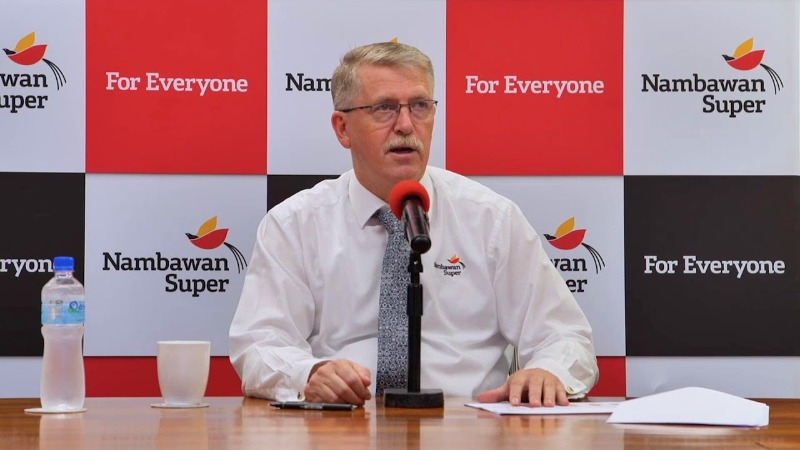The State rental debts owed to Nambawan Super Limited (NSL) for the use of the Fund’s properties, have now reached over K108 million as of the end of last month, Friday 30th June.
According to NSL Chief Executive Officer (CEO) Mr. Paul Sayer, this is comprised of K50 million in outstanding rental payments for February, March, April, May and June this year, and another K58 million in arrears from several years prior to 2023.
Last year, the superannuation fund and the government reached an agreement whereby the State would settle the remaining balance of its rental arrears in K10 million monthly installments.
The installments include K5 million per month to clear the outstanding arrears accumulated from prior years and K5 million to pay its current monthly rent.
The State met the January 2023 installment but has since not made any further payments.
NSL has continued to consult with all levels of the State on the issue of outstanding rentals throughout Quarters 1 and 2 of this year with little success.
NSL is now calling on the State to honour its agreement and settle its long outstanding rental arrears, to ensure that Nambawan Super’s 220,000 Members don’t suffer any further losses to their returns.
“Each month these arrears remain unpaid our Members lose returns on their investments,” said the CEO.
He explained that the income received from these properties is used to maintain the buildings to ensure that they can continue generating profits for their members over the long-term; however, as the arrears go unpaid the Fund absorbs this cost, resulting in reduced profit for Members.
In addition, NSL is not able to reinvest these earnings into new projects and ventures.
“This, results not only in less returns for members, but also limits the Fund’s ability to make further investments into the PNG economy creating jobs and redistributing wealth to everyday hardworking Papua New Guineans,” he said.
“The members of Nambawan Super and all hardworking Papua New Guineans will ultimately be the ones affected if the State does not honour its commitment as a tenant of the Fund’s properties.”

